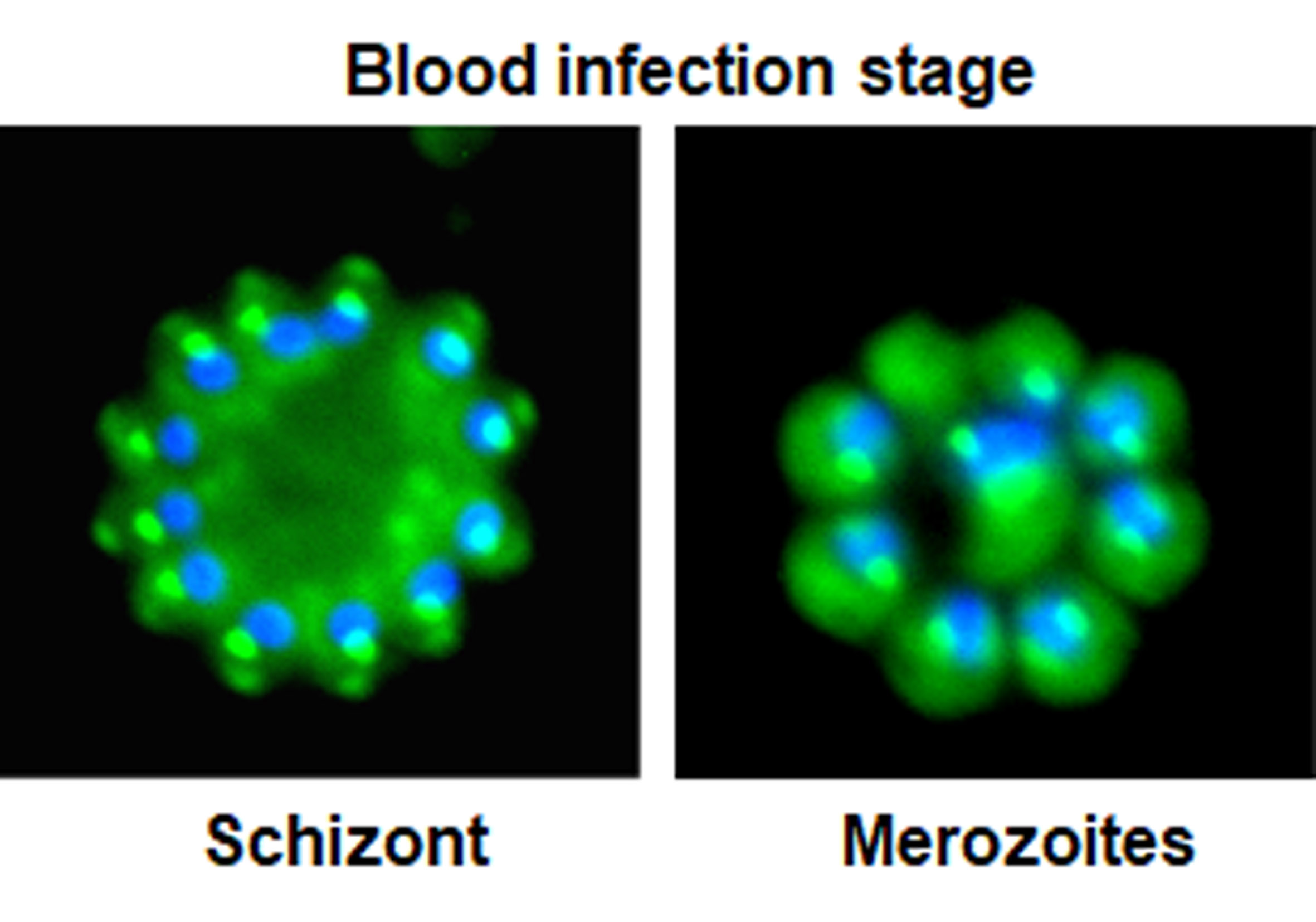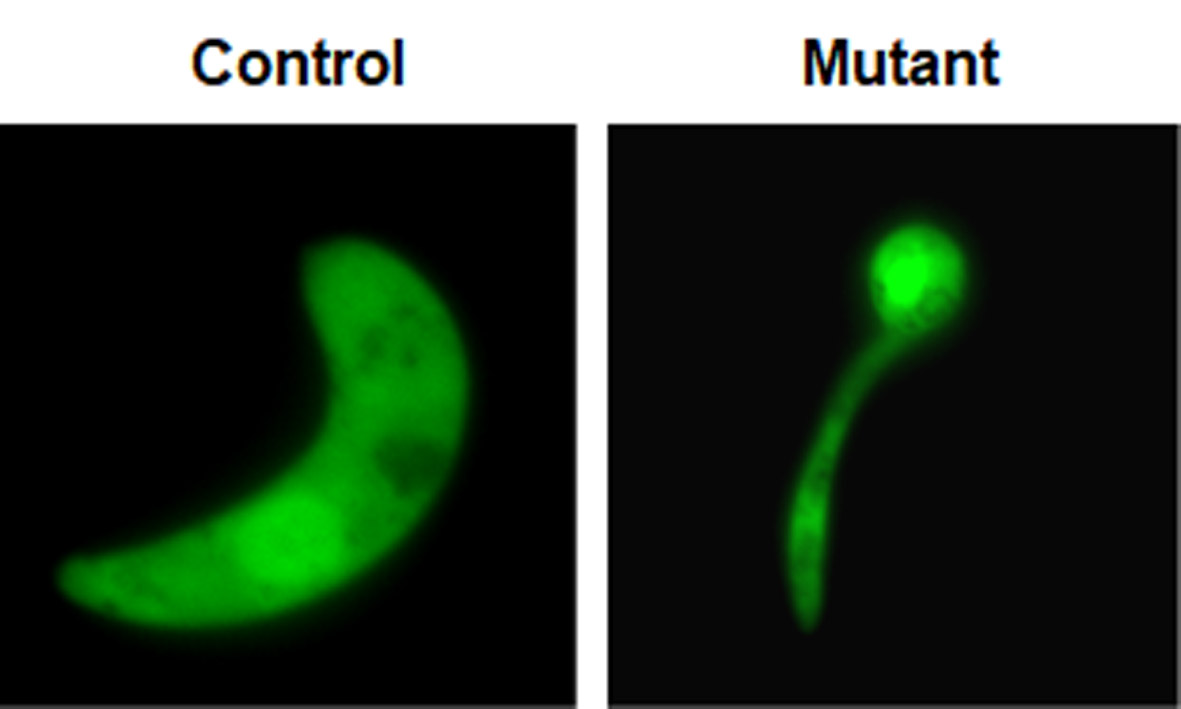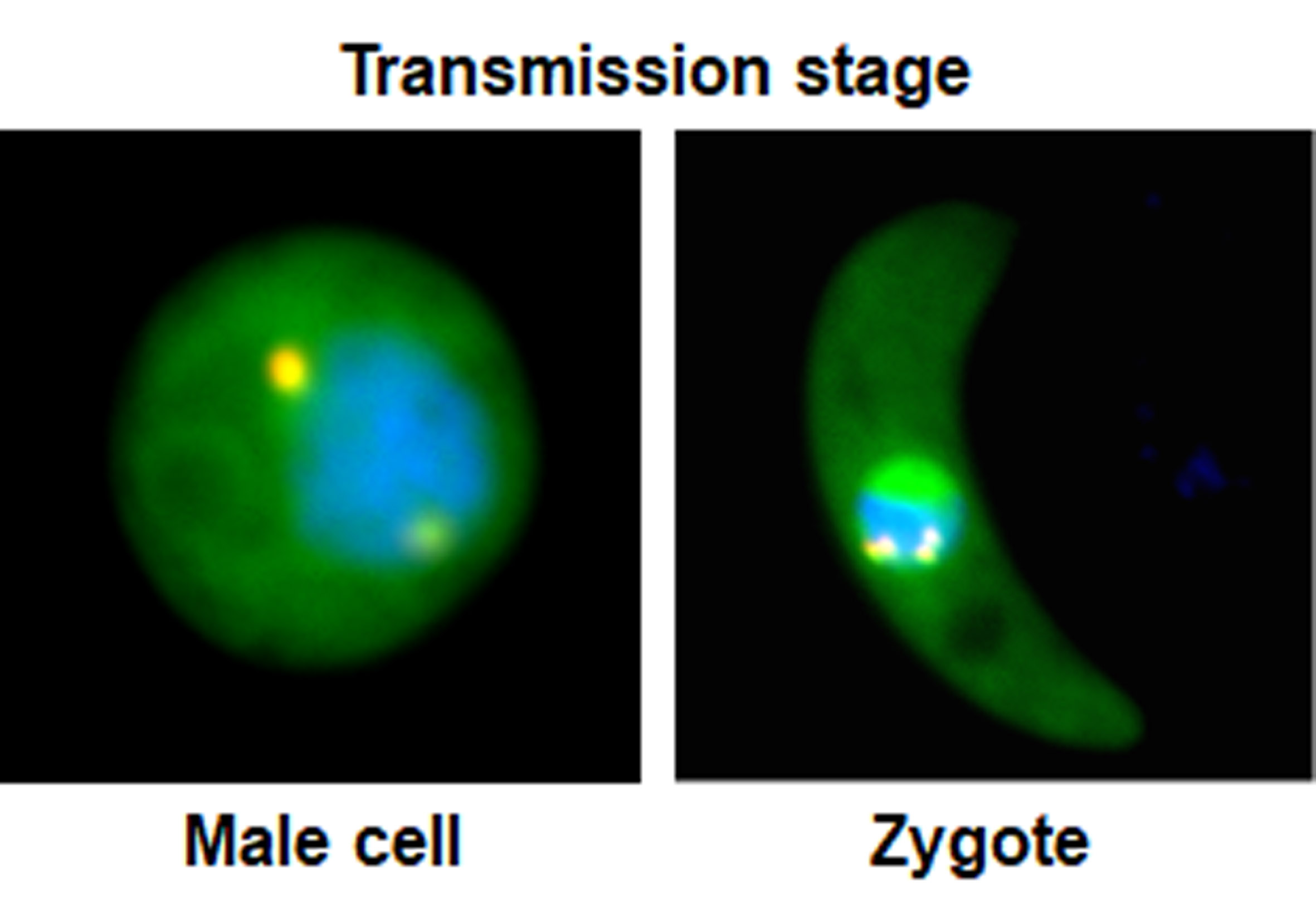Tuesday, 22 June 2021
Scientists at the University of Nottingham have made a major breakthrough in discovering how the malaria parasite is able to multiply rapidly in the mosquito gut, and how targeting it at this stage may stop the transmission of the disease.
The research, funded by the Medical Research Council and led by Rita Tewari, Professor of Parasite Cell Biology in the School of Life Sciences at the University, could pave the way in helping to eradicate the disease.
The study, published in Communications Biology, was a collaborative effort by scientists from the Universities of Leicester, Warwick, Oxford and the Francis Crick Institute in the UK, the King Abdullah University of Science and Technology (KAUST), Saudi Arabia, University of Geneva, Switzerland, University of Leuven, Belgium, Hokkaido University, Japan.
Malaria is still one of the biggest killer infections worldwide, with nearly half a million people dying of the disease last year - particularly in sub-Saharan Africa. The disease is caused by a single-celled parasite called Plasmodium, which is transmitted between people by the female Anopheles mosquito when they bite to take blood.
In this new study, researchers wanted to uncover a role for a protein that is well known in humans and other species to co-ordinate the activity of other proteins called Protein Phosphatase 1, also known as PP1.
 Blood infection stage
Blood infection stage
PP1 regulates how cells multiply through processes known as mitosis and meiosis. However, little is known about the role of PP1 in the malaria parasite, so the team looked at where PP1 is located in the cell and how blocking its activity affects Plasmodium growth.
Professor Tewari said: “We have uncovered how PP1 regulates the unusual multiplication process the male sex cell undergoes within the mosquito gut. We found that this key molecule is present at specific points during cell multiplication and only on certain parts of the chromosome called the kinetochore, which is crucial for chromosome separation.
“We wanted to understand how and when does the parasite use this protein for its rapid phase of cell multiplication in the male sex cells that gives rise to parasite male sperm cell? How does PP1 orchestrate parasite development during this stage? It is fascinating how a single cell can carry out DNA multiplication so rapidly, and we need to understand how it does this. This work commenced with Dr David Guttery when he was working at University of Nottingham and is presently working at University of Leicester.“
 Mutant
Mutant
By analysing the parasite at specific stages present in the mosquito gut, the team of researchers found a new role for PP1 during Plasmodium mitosis in the male sex cells. They also found a surprising potential role in how the parasite changes from a round cell (zygote) into a banana-shaped ookinete, which is primed for moving through the mosquito gut ready for the next stage of development for transmission.
 Transmission stage
Transmission stage
Dr Mohammed Zeeshan, from the School of Life Sciences at the University of Nottingham and lead scientist of the study said: “By artificially removing PP1 from the parasite by genetic manipulation, we discovered that this dramatically affects development of the male sex cells and the ookinetes looked very abnormal. When we looked at the location of PP1 during ookinete development, we found there is a very intense localisation at the exact point where the round zygote cell develops a protrusion from its body when it starts to change its shape and become like a banana. This is fascinating, but we need to look into this more to understand how we can use this knowledge to follow drug discovery.”
A full copy of the study can be found here.
Story credits
More information is available from Professor Rita Tewari , from the University of Nottingham at rita.tewari@nottingham.ac.uk
Notes to editors:
About the University of Nottingham
Ranked 97 in the world and 17th in the UK by the QS World University Rankings, the University of Nottingham is a founding member of Russell Group of research-intensive universities. Studying at the University of Nottingham is a life-changing experience, and we pride ourselves on unlocking the potential of our students. We have a pioneering spirit, expressed in the vision of our founder Sir Jesse Boot, which has seen us lead the way in establishing campuses in China and Malaysia - part of a globally connected network of education, research and industrial engagement.
Nottingham was crowned Sports University of the Year by The Times and Sunday Times Good University Guide 2024 – the third time it has been given the honour since 2018 – and by the Daily Mail University Guide 2024.
The university is among the best universities in the UK for the strength of our research, positioned seventh for research power in the UK according to REF 2021. The birthplace of discoveries such as MRI and ibuprofen, our innovations transform lives and tackle global problems such as sustainable food supplies, ending modern slavery, developing greener transport, and reducing reliance on fossil fuels.
The university is a major employer and industry partner - locally and globally - and our graduates are the third most targeted by the UK's top employers, according to The Graduate Market in 2024 report by High Fliers Research.
We lead the Universities for Nottingham initiative, in partnership with Nottingham Trent University, a pioneering collaboration between the city’s two world-class institutions to improve levels of prosperity, opportunity, sustainability, health and wellbeing for residents in the city and region we are proud to call home.
More news…